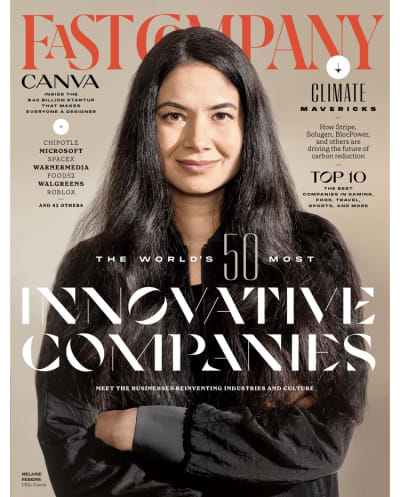As the saying goes, “language matters.” And if you’re a leader, at the front of a company after March 2020, your words matter a lot. That’s why, when talking about companies implementing practices that range from requiring five-day-a-week attendance or encouraging in-person attendance, we’re careful not to say, “back to work.” This implies that the pandemic inspired a reprieve from work. In many cases, including my own, this couldn’t be further from the truth. Using the phrase “return to office” feels more accurate, drawing a very subtle, albeit essential, distinction.
正如在大流行过程中,与工作的每一个个人关系都在不同一样,我们对工作理想的工作模型的集体理解也是如此。我们所有人都可以同意的一件事是,一种适合所有方法的方法是一个神话。每个公司都应为其行业定制自己的方法,以及员工的需求和偏好。工厂对WFH的看法(“在家工作”)将与技术创业公司的风格大不相同。
With increased flexibility comes an ever-evolving interest in creating an attractive workplace for employees. Paying attention to individual working styles—introvert versus extrovert, for example—creates a strong argument in favor of the hybrid working model. It’s as close to the best of both worlds as any structure. Consider the plight of the creative in the workforce. Creativity is often forged in collaboration, which comes from being together, creating bonds, and workshopping ideas. But some of the best ideas come in the shower or on a run. The flexibility to move between both just might be the golden ticket.
Consider small businesses looking to offer a competitive edge. Flexibility is a real advantage. If you’re a massive company with an equally massive amount of cache, you might be able to get away with mandating an IRL return to office. At Monday Talent, we see our commitment to flexibility as hand-in-hand with our commitment for diversity, equity, and inclusion. Without the limitations of a full time commuting schedule, our talent pool widens drastically.
在灵活的工作环境中建立新员工,无论他们的社会经济地位或他们选择从办公室外工作的空间都至关重要。对于他们职业生涯的新手,也许与室友或家人一起生活,有些工具可以使家里工作更加可持续。这是我们拥抱的两个趋势,以使这一过渡更轻松。
The first is a home office stipend, allowing the new employee to spend on whatever matches their working style, whether that’s a standing desk, a monitor, or even a colorful keyboard. The second is offering membership to a shared office space so that the employee has access to a hot desk.
If we’ve learned anything, it’s that it’s all uncharted territory. As the pandemic evolves and our relationships to work continue to undergo change, it’ll be interesting to watch how the way we work changes, too. As humans, we tend to default to what we know best or what we’ve done previously. We’re predictable in that way. There’s certainly a movement to go back into the office that feels reminiscent of this innate response. But we’ve gotten used to flexibility. There’s the silver lining of more fulfilled lives without the trappings of corporate life—like a long commute or wasted hours spent in meetings.
The question of what happens next is an ongoing debate. Here’s what we know for sure: Flexibility will remain a cornerstone of work. The hybrid model will continue to be the norm for most businesses. And the phrase “return to office” will continue to hold as many meanings as there are relationships to work itself.
Jamie McLaughlin is the CEO ofMonday Talent.

